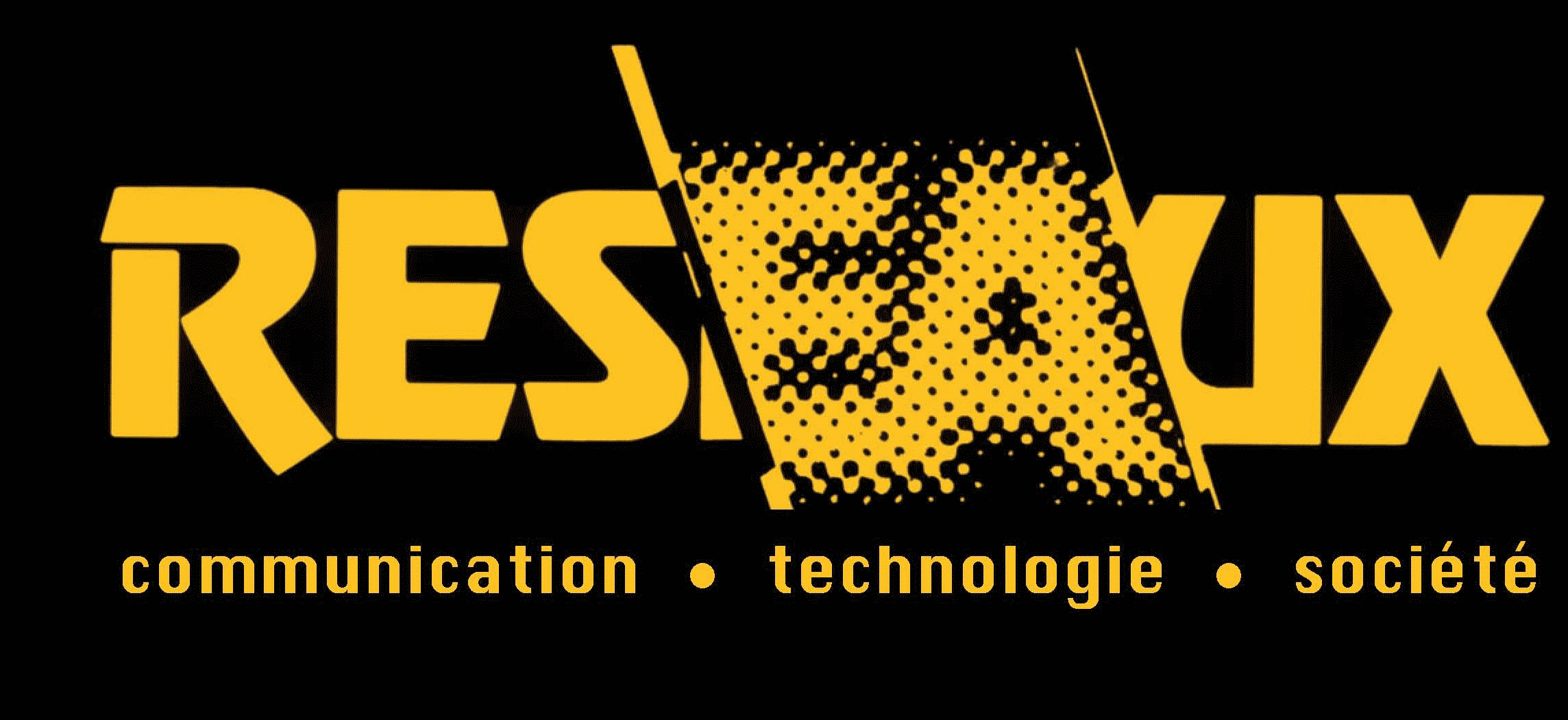Can digital technologies be leveraged to support the ecological transition?
As the environmental critique of digital technology gains momentum, many actors are leveraging these technologies to support the ecological transition in various ways: by mobilizing computing infrastructures to optimize industrial production and reduce pollution; by equipping environmental policies with instruments for measuring biodiversity, carbon emissions or atmospheric pollution; and by setting up digital platforms that bring together consumers and producers of agricultural goods in short supply chains, and that encourage car-sharing or other less polluting practices. This apparently paradoxical ‘greening through digital technology’ raises many questions to which the studies in this issue provide some answers. To what extent can digital technology help to reduce harm to the environment? What are the epistemological, political, and social implications? What forms of ecological transition of our economy are being driven by these technology-based approaches?
- ecological transition
- digital technologies
- quantification
- mobilization
- modes of production
